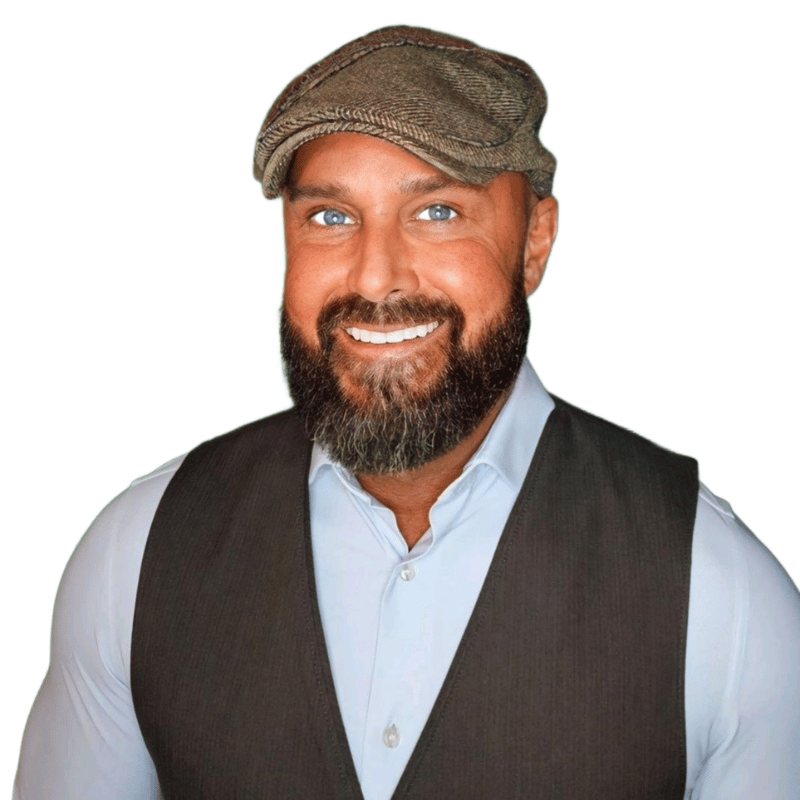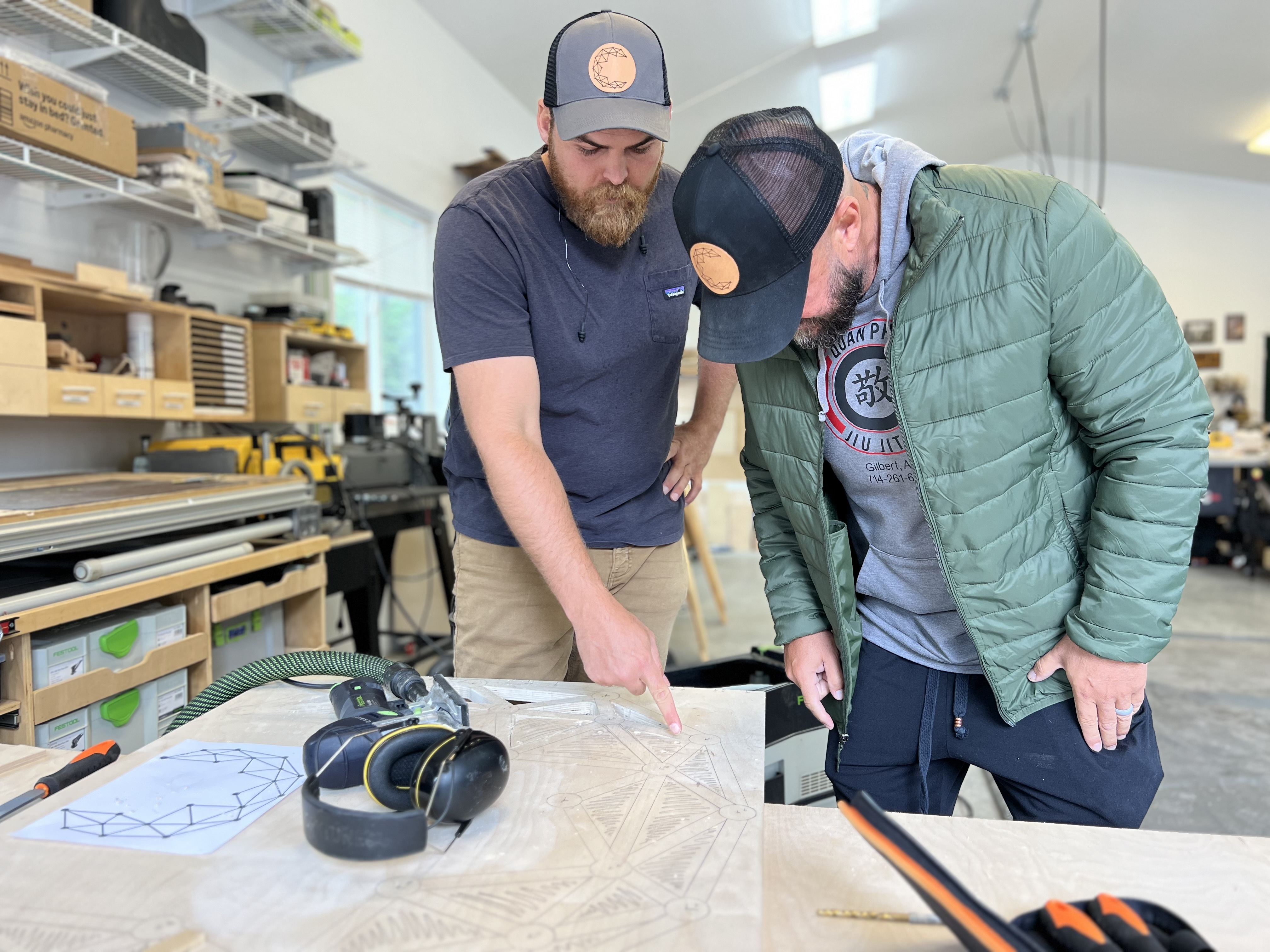Dry January, Addiction Care & the Hidden Cost of Credentialing Delays
Dry January, Addiction Care, and the Hidden Cost of Credentialing Delays Written by Dr. Danielle Kelvas MD
4 min read
 Jeff Falconer
3/14/25
Jeff Falconer
3/14/25

After two decades working in healthcare, I've seen all sorts of flaws in our system. One in particular stays with me: a child in rural Colorado whose treatment was delayed. A nearby specialist could help, but wasn’t permitted. What separated them wasn't distance—it was five months of credentialing paperwork standing between life-changing care and a community in need.
Unfortunately, stories like this aren’t the exception. This is America's healthcare reality.
Every day, patients in underserved communities make impossible choices. Drive four hours for specialized care or go without. Risk job security for medical appointments or skip life-sustaining medications. Uproot families or watch loved ones suffer.
Meanwhile, the specialists who could transform these communities sit paralyzed by bureaucracy, their skills wasted during months-long credentialing delays. The price? Upwards of $6,000 in lost revenue per provider, per day. For rural non-profits, this isn't just about money – it's about survival.
But the human cost is incalculable.
A mother watches her child deteriorate while driving 400 miles weekly for treatment a local specialist could provide – if only they could clear the credentialing hurdle. Elderly patients abandon critical medications rather than make impossible journeys. Families with medical needs flee rural communities, accelerating the economic death spiral that follows healthcare deserts.
Behind this broken system stand America's unsung healthcare heroes: credentialing specialists. These professionals navigate a labyrinth of contradictory regulations that vary wildly between states, payers, and facilities. Their expertise is the only thing preventing total system collapse.
Yet they fight with outdated weapons.
Credentialing timelines swing unpredictably from two weeks to five months with no warning. Process requirements change without notice. Every application becomes a roll of the dice that determines whether communities receive care or face catastrophic gaps in critical services.
For non-profit healthcare organizations serving our most vulnerable populations, these delays aren't just inconvenient – they're devastating. Every day without a provider means patients going without care they desperately need.
While credentialing specialists navigate the complex regulatory maze with remarkable skill, their work extends far beyond paperwork processing. These professionals serve as critical gatekeepers who protect patient safety by meticulously verifying provider qualifications, training history, malpractice records, and ongoing education requirements across different specialties.
These specialists don’t just check boxes. They're making life-or-death decisions about who can practice in medical facilities. Each verification they complete ensures patients receive care from qualified professionals who meet rigorous standards.
The healthcare industry increasingly recognizes credentialing as a specialized profession requiring unique expertise. Professional certifications like Certified Provider Credentialing Specialist (CPCS) and Certified Professional in Medical Services Management (CPMSM) have emerged, reflecting the growing complexity and importance of this role. Forward-thinking healthcare systems now invest in dedicated credentialing departments rather than treating this critical function as an administrative afterthought.
Yet despite this growing recognition, many credentialing specialists still lack the advanced technological tools that would match their expertise and responsibility—tools that could transform healthcare access for millions of Americans in underserved communities.
The current system breaks everyone it touches:
Even shortening this process by 10-20 days would transform access to specialized care for millions of Americans. The solution isn't replacing the critical judgment of credentialing specialists – it's finally giving them tools worthy of their mission.
For medical providers, credentialing purgatory is more than administrative frustration—it's life disruption. Specialists face impossible choices: sign leases in communities where they may wait months to practice, or leave families in limbo. Their careers stall while credentials crawl through the system.
Military families transferring between states face particular hardship, with each move resetting an already broken process. After a relocation, some spouses are waiting half of their time at the new location before getting their license. Many medical professionals who served in a war zone aren’t permitted to take their skills back to their home community.
Meanwhile, the financial toll mounts. Providers report personal losses reaching tens of thousands while communities go without care they could provide immediately—if only the paperwork would clear.
AI-powered systems can transform credentialing from unpredictable chaos to reliable precision:
These tools don't replace credentialing specialists—they amplify their expertise. With AI handling predictable verification tasks, specialists can focus their judgment on complex cases requiring human discernment.
If a specific Blue Cross Blue Shield enrollment consistently takes 17-19 days, why should specialists batch it with their Aetna enrollment, which takes 21-24 days? When patterns emerge across state lines, why should each specialist reinvent solutions in isolation?
Forward-thinking leaders like former Governor Colyer of Kansas recognize credentialing reform as that rarest of opportunities – a bipartisan path to better healthcare without massive budget implications. Representatives who champion streamlined processes demonstrate tangible commitment to rural constituents while building cross-party alliances.
Unlike divisive healthcare debates, credentialing efficiency appeals across political spectrums. Conservatives see reduced regulatory burden; progressives see expanded healthcare access. Both see communities strengthened.
Legislative leaders who tackle credentialing bottlenecks deliver more than procedure changes—they deliver care to constituents who currently drive hundreds of miles for services that should be available locally.
The calculation is brutally simple: when providers practice quickly, constituents live. When healthcare infrastructure strengthens, communities survive.
The credentialing crisis isn't about paperwork. It's about people.
It's about the specialists who chose medicine to heal, only to find themselves sidelined by bureaucracy. It's about the credentialing professionals drowning in systems designed to fail. And most critically, it's about patients who suffer and die waiting for care that sits tantalizingly close, yet bureaucratically unreachable.
By transforming how we credential providers, we don't just improve administrative efficiency. We save lives.
That mother in rural Colorado doesn't need to understand credentialing intricacies. She needs the specialist to arrive before it's too late. By recognizing credentialing specialists as the healthcare heroes they truly are – and equipping them accordingly – we can deliver that fundamental promise.
The credentialing crisis demands collaborative solutions. When credentialing specialists armed with AI tools partner with forward-thinking policymakers and healthcare leaders, transformation becomes possible. Technology companies must build solutions that respect specialist expertise rather than attempting to replace it. Policymakers must recognize credentialing as essential healthcare infrastructure deserving of modernization.
Together, this collaborative approach promises more than administrative efficiency—it ensures no community goes without critical healthcare services simply because paperwork couldn't move at the speed of human need.
Lives literally depend on it.
Learn more at CredentialNetwork.com

Dry January, Addiction Care, and the Hidden Cost of Credentialing Delays Written by Dr. Danielle Kelvas MD

Psychological Safety in Healthcare: Supporting Providers with Dependable Credentialing Systems Written and Medically Reviewed by Dr. Danielle Kelvas...

When I think about our approach to building Credential Network, my mind often returns to lessons learned in my grandfather's wood shop. My...